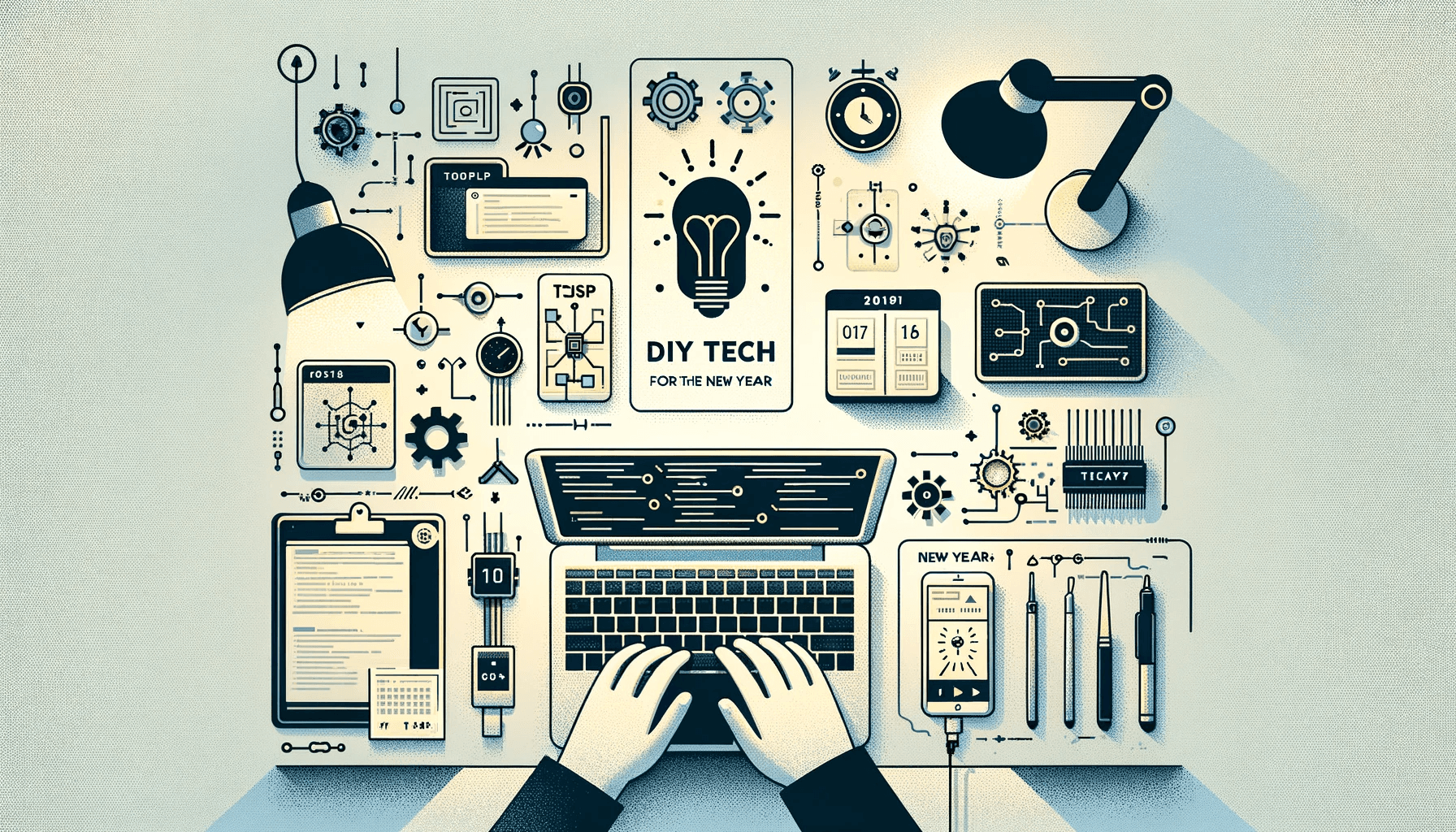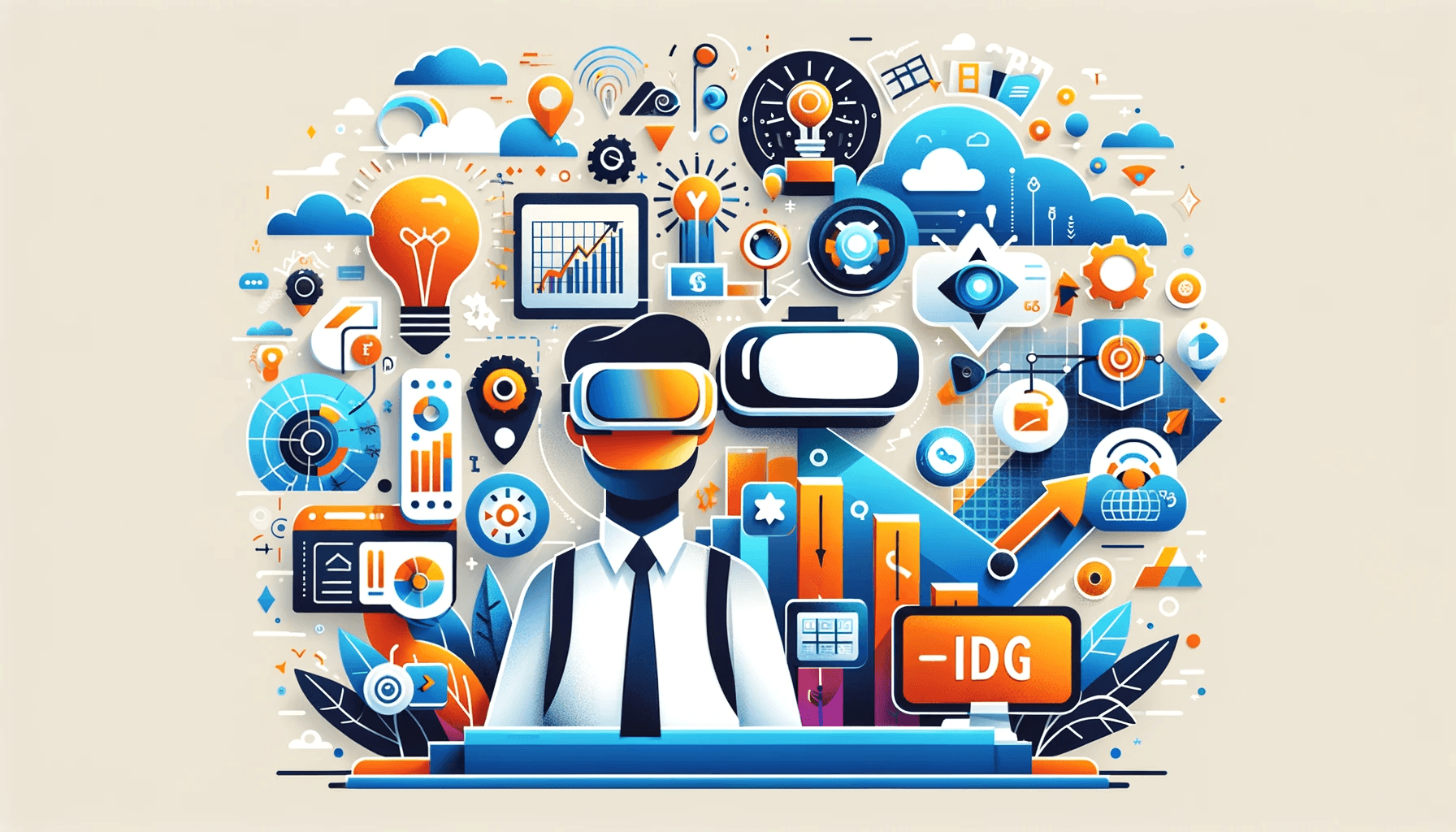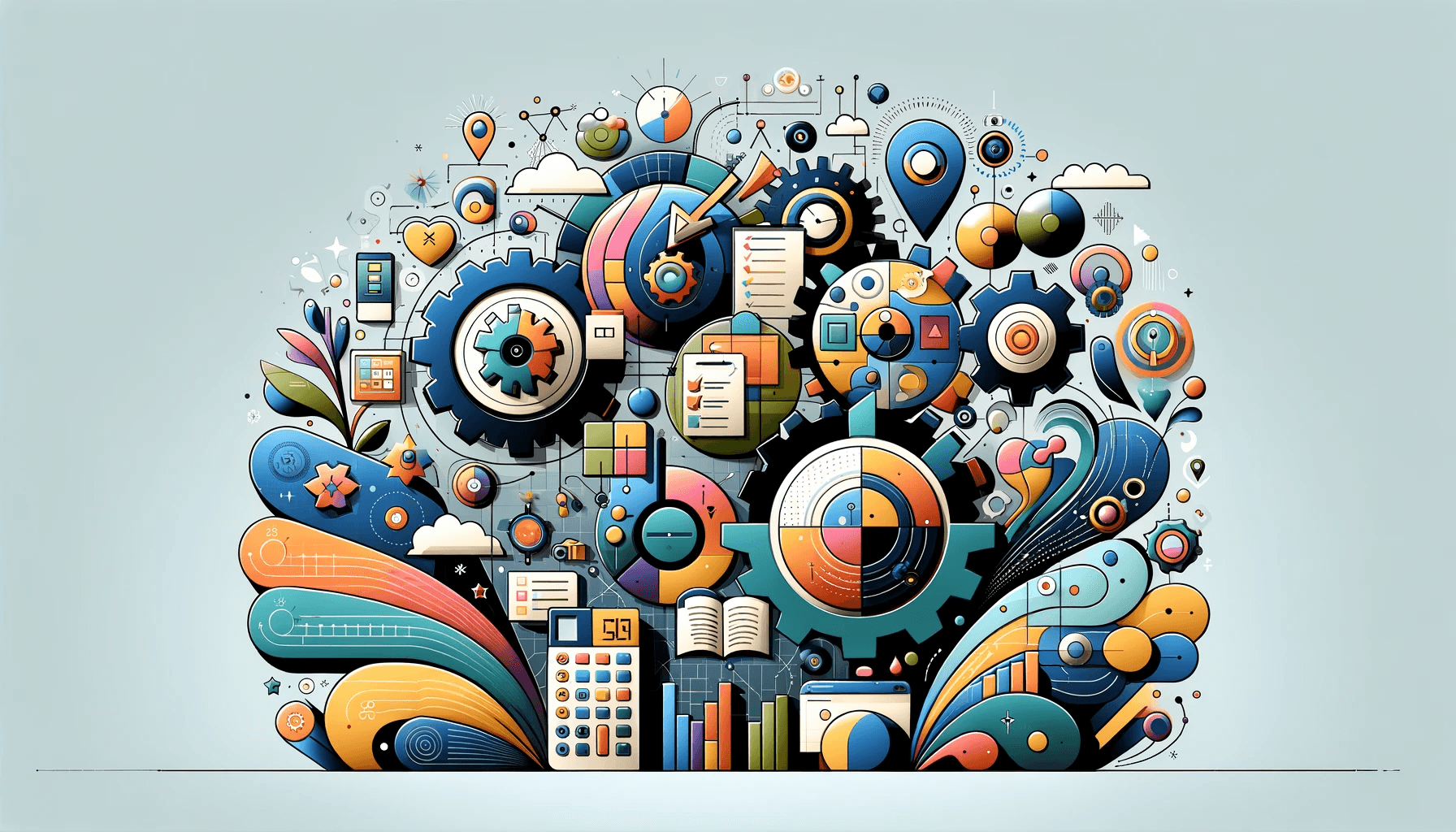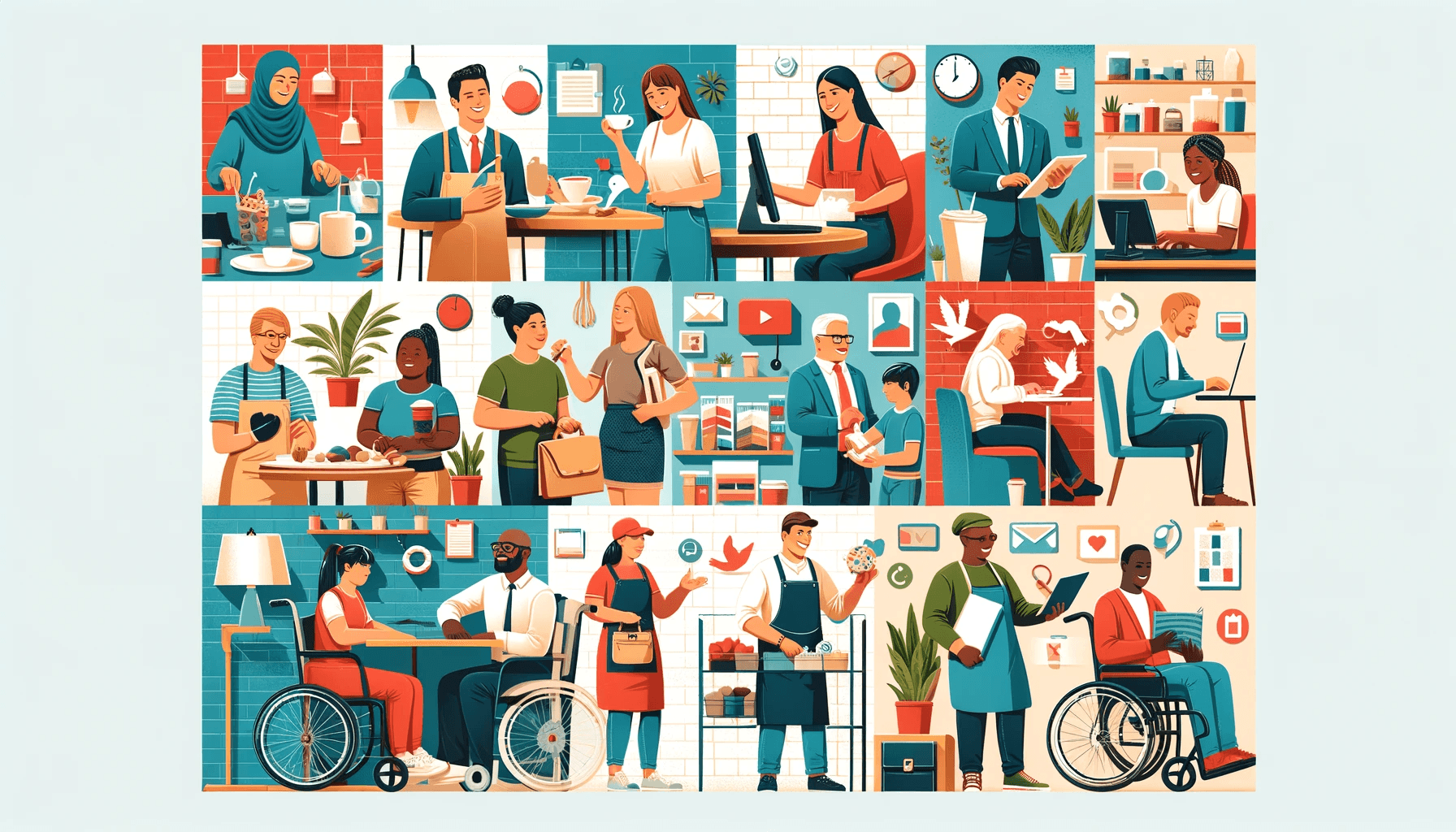
What Clear Documentation Unlocks for Support Teams: Clarity, Confidence, and Stronger Outcomes Across Every Setting
Fragmented documentation slows teams down and clouds progress. This post explores how clear, centralized documentation helps support teams reduce burnout, improve communication, and focus on outcomes instead of paperwork. Learn how modern tools bring goals, routines, mood insights, and reporting together to create clarity across support settings.

Customer Success & Marketing Specialist














